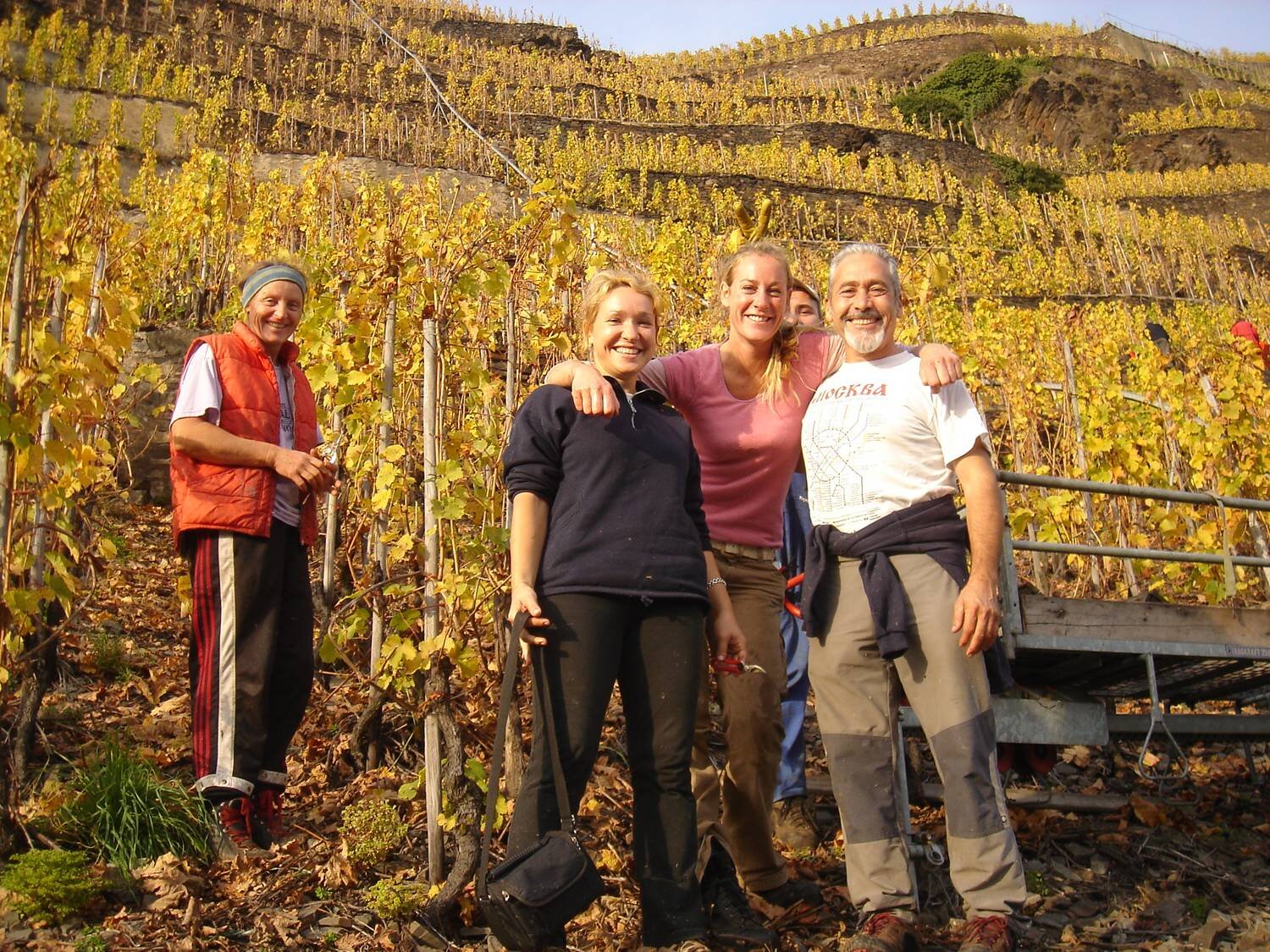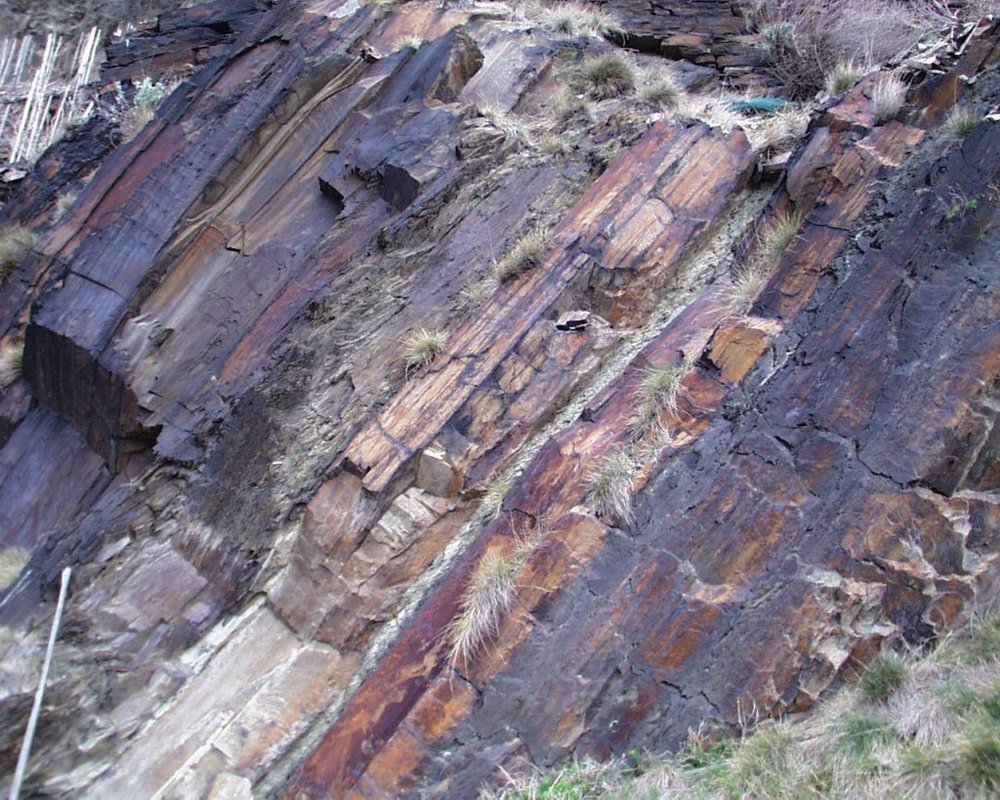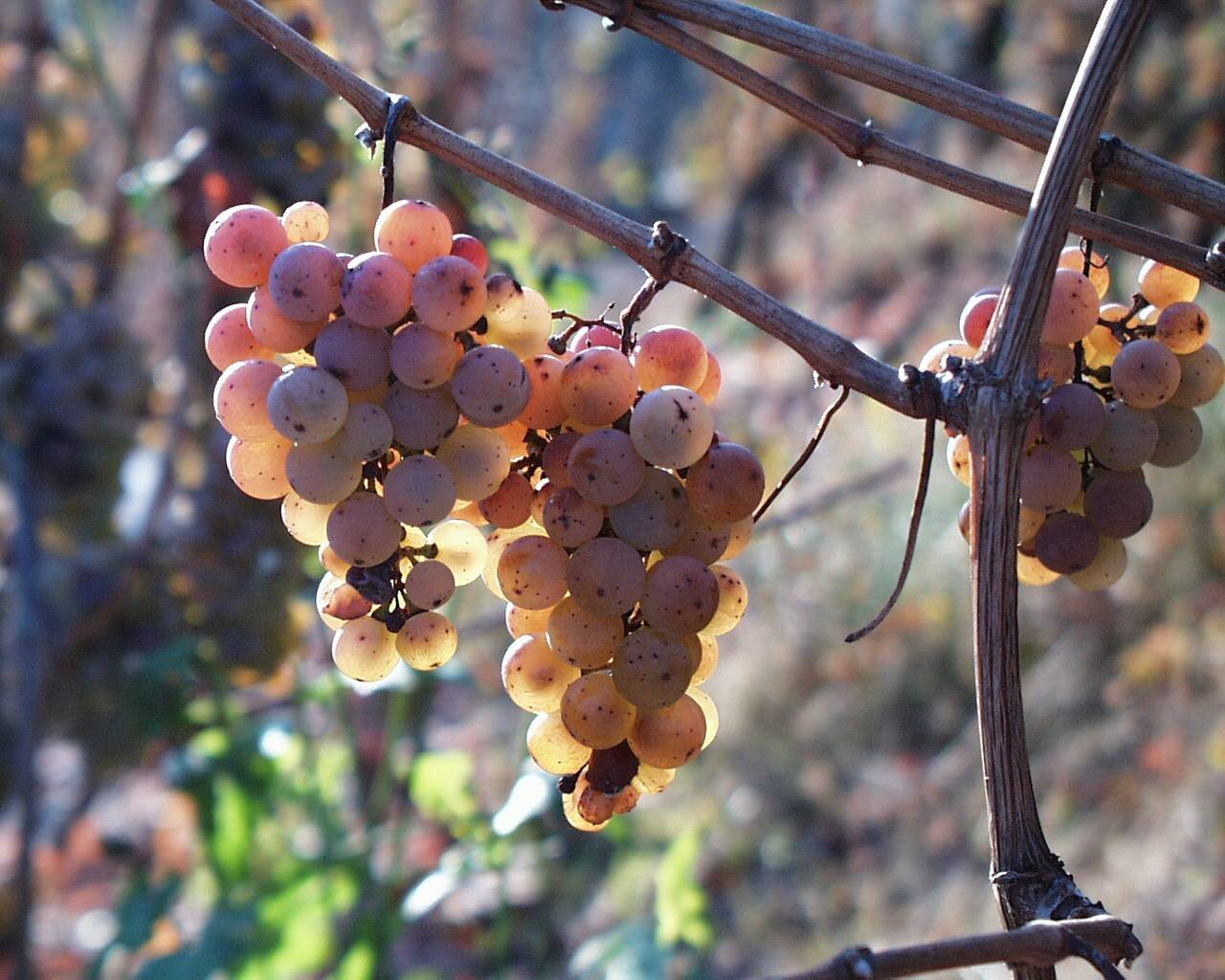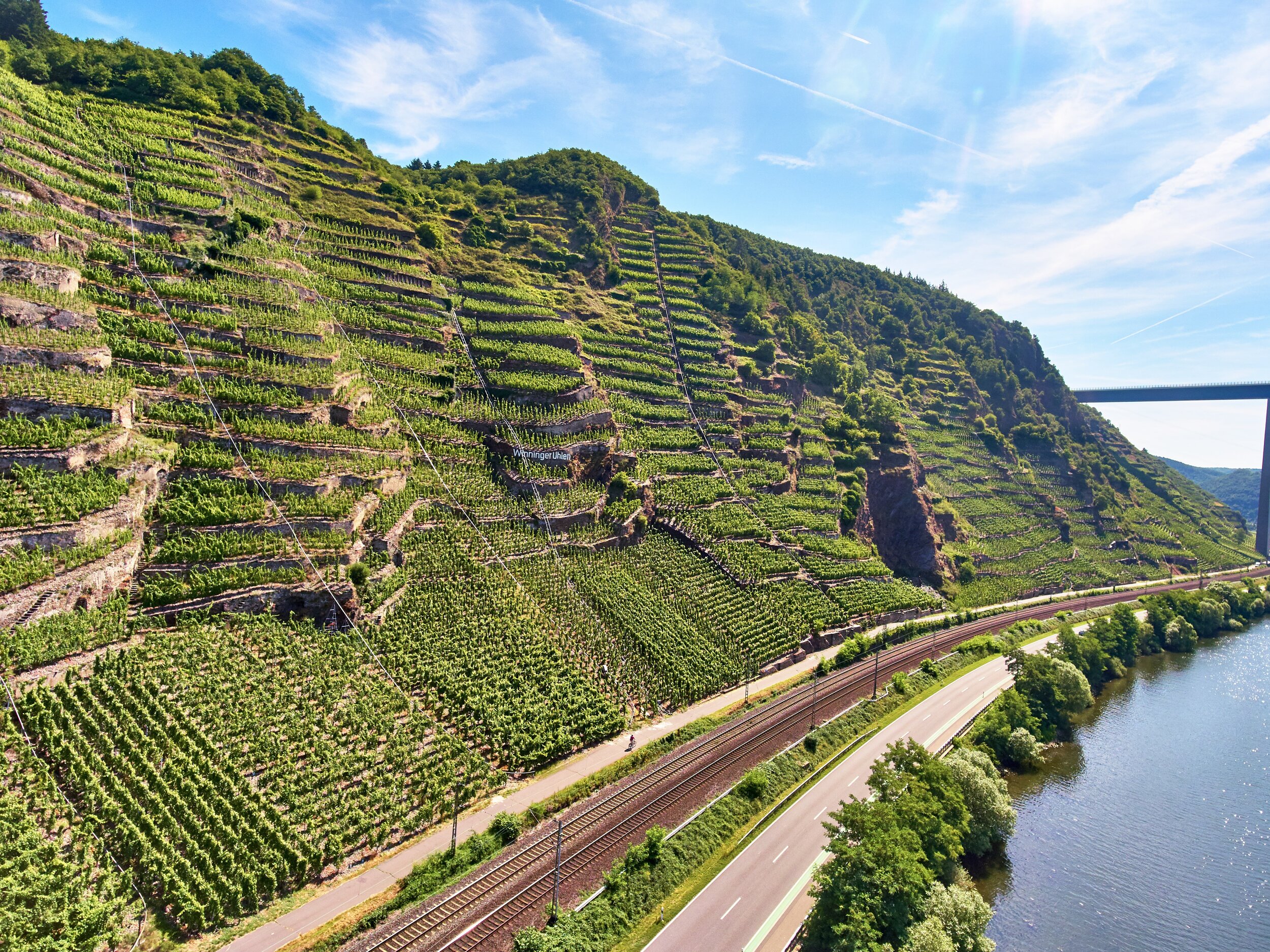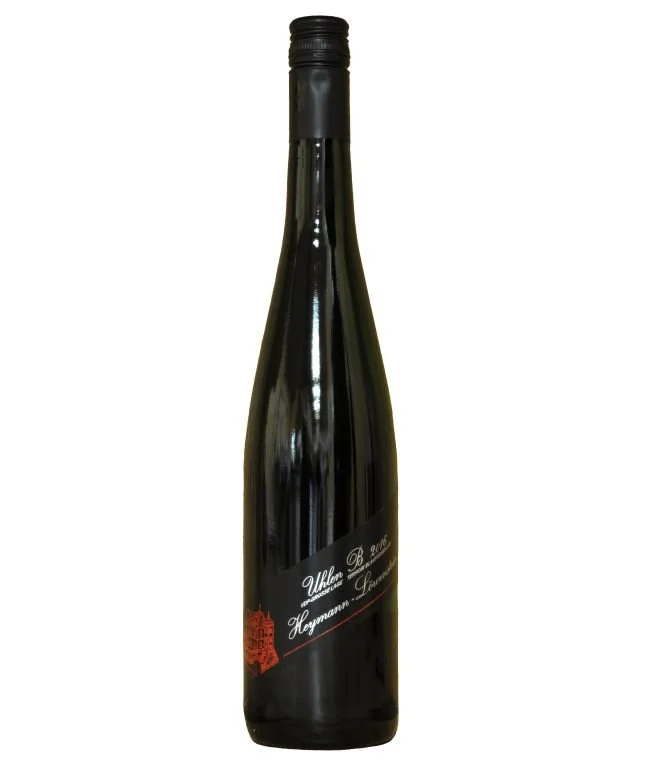Reinhard Löwenstein’s family have been growing grapes in the Mosel from 1520, but he never really considered it as a vocation until after finishing his university studies in Paris. As a student, he worked for an organization that helped refugees from Pinochet's Chile, and eventually hoped to work in Cuba or Afghanistan, but ultimately returned to winemaking and to his native village of Winningen, along with his wife Cornelia Heymann, where they launched Weingut Heymann-Löwenstein in 1980.
Heymann-Löwenstein's style of dense, powerful dry wines, veering towards the baroque rather than the rectilinear, has been an inspiration for a whole generation of Moselaner winemakers. All of the wines are harvested entirely by hand, and fermented slowly on natural yeasts until they reach a point of balanced dryness, the harmonious integration of sugar and acidity that characterized the famous Mosel Rieslings of the 19th century, then the most valuable wines in the world. The grapes are harvested late in the season, often with 10-20% botrytis-influenced fruit, and treated to extended lees contact, usually in the traditional Mosel fuder or 1000-liter cask.
The vast majority of the production (98%) is Riesling, all from the estate’s own vineyards. The range starts with the entry-level “Schieferterrassen” (indicating the difficult-to-farm steep slate terraces rather than the flat land across the river) to the prestigious crus of the Uhlen (subdivided by soil type: Roth Lay = Iron-bearing red slate - Laubach = calcareous grey slate). A small amount of red Pinot Noir is also produced in collaboration with Hanspeter Ziereirsen, who is considered by many to make Germany’s finest red wines. Aside from the tiny quantities of noble-sweet wines, the estate’s wines are all dry. They decline to discuss the analytical data of individual wines, believing one should be guided by one’s palate, rather than lab values. Heymann-Löwenstein has been a member of the VDP since 1997 and is Fair & Green certified.

